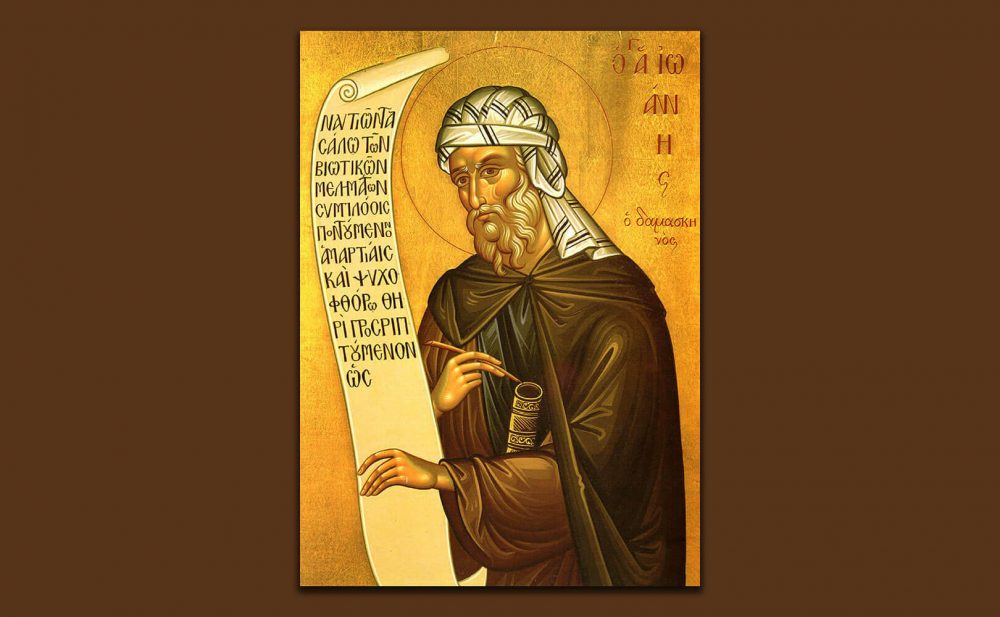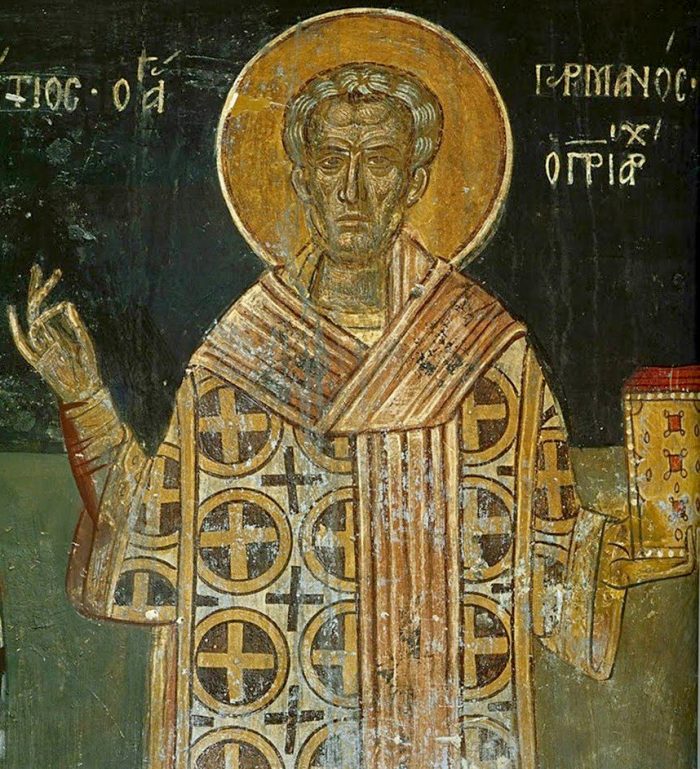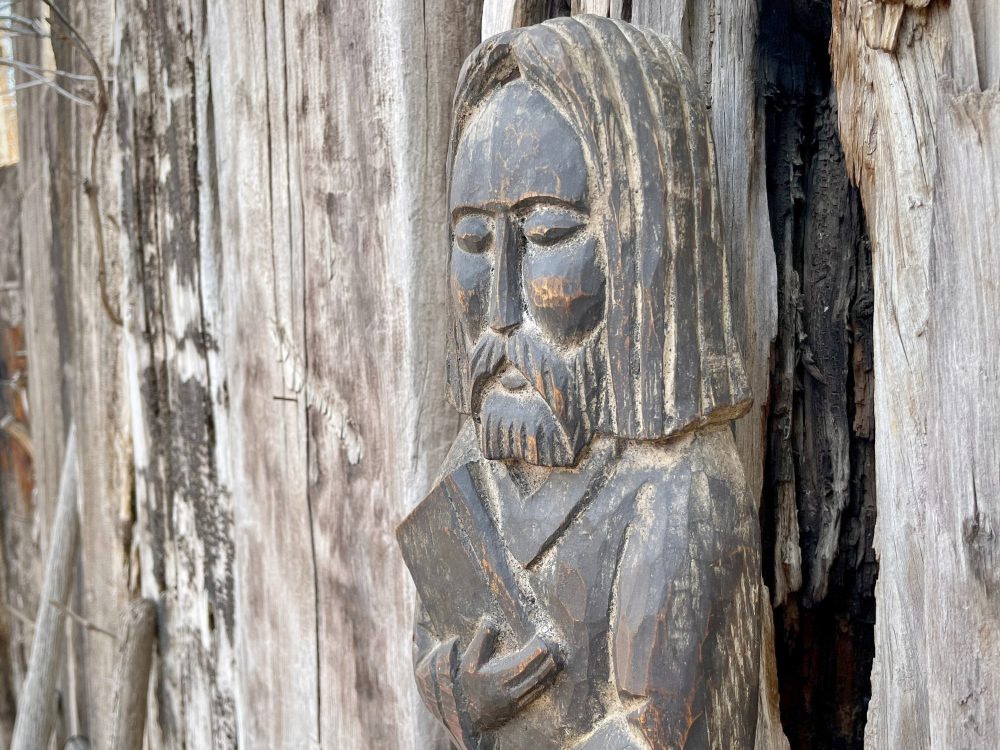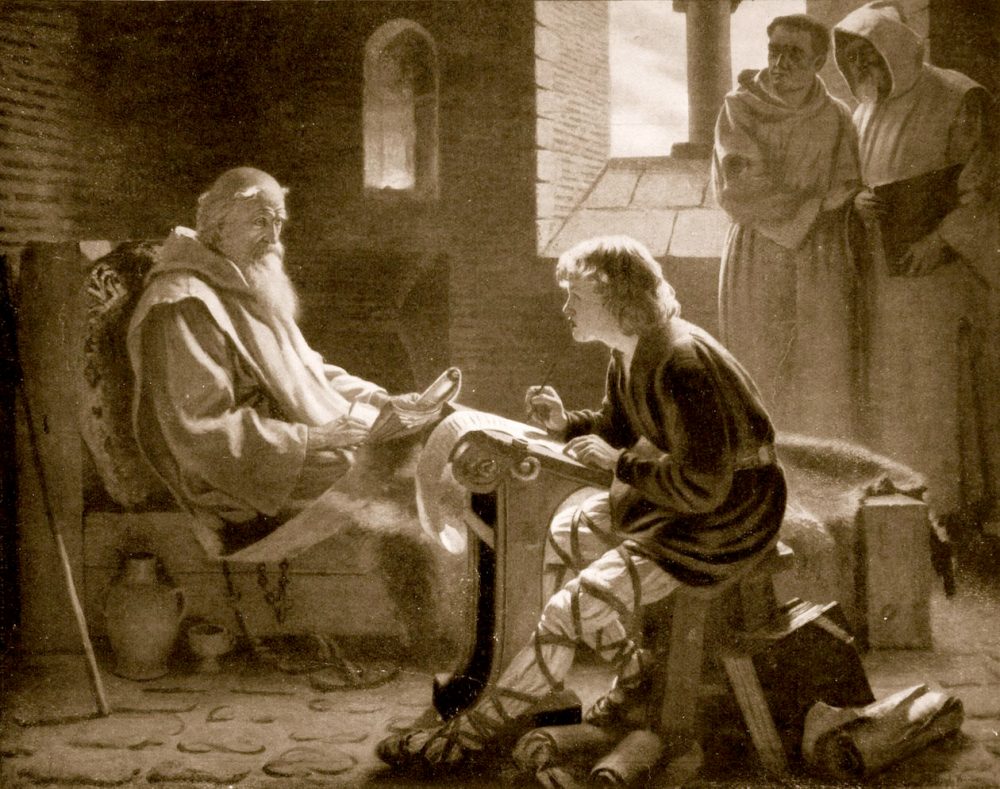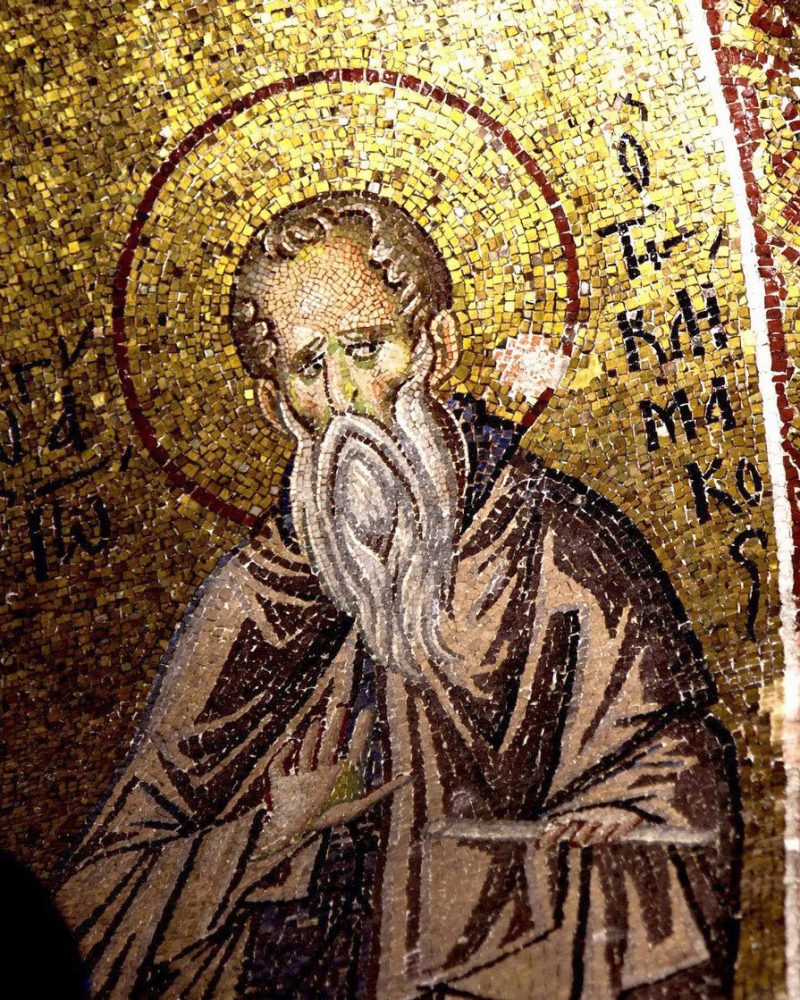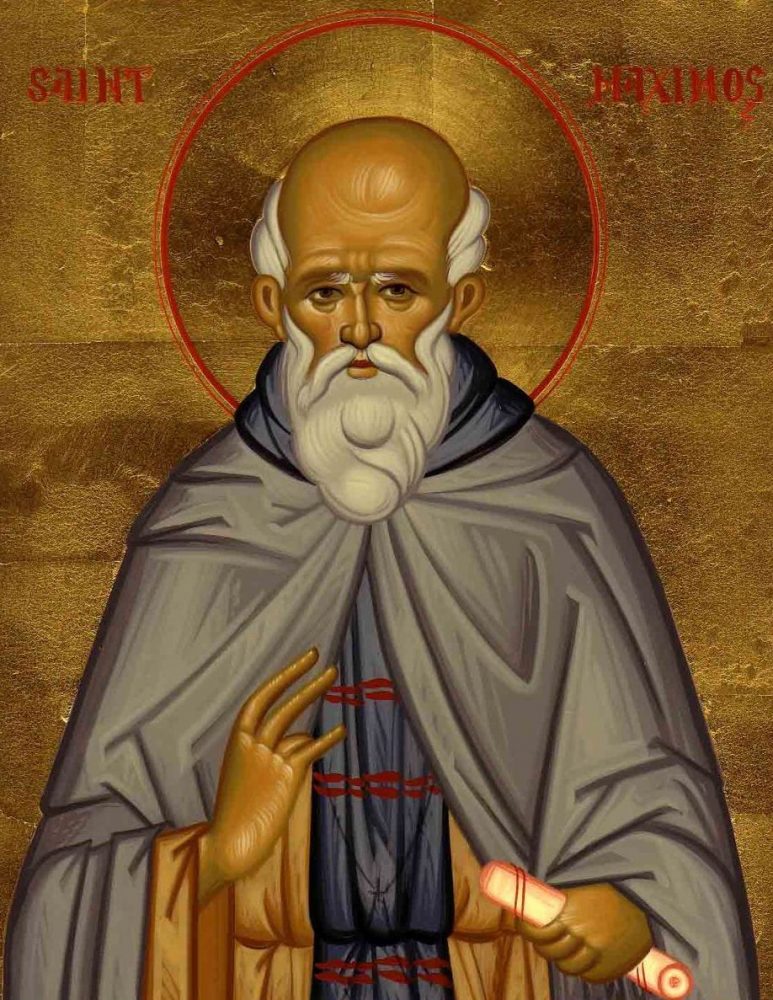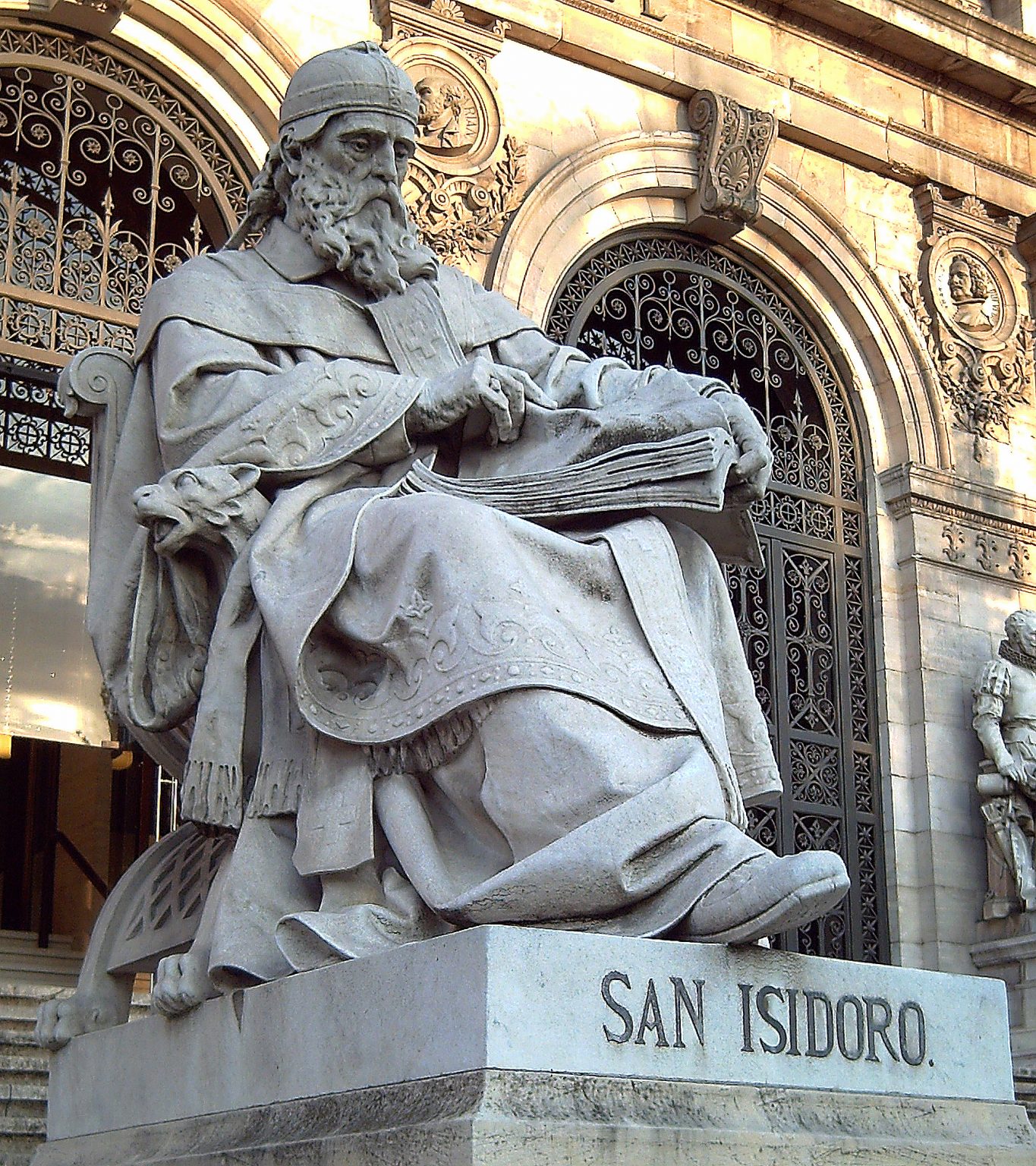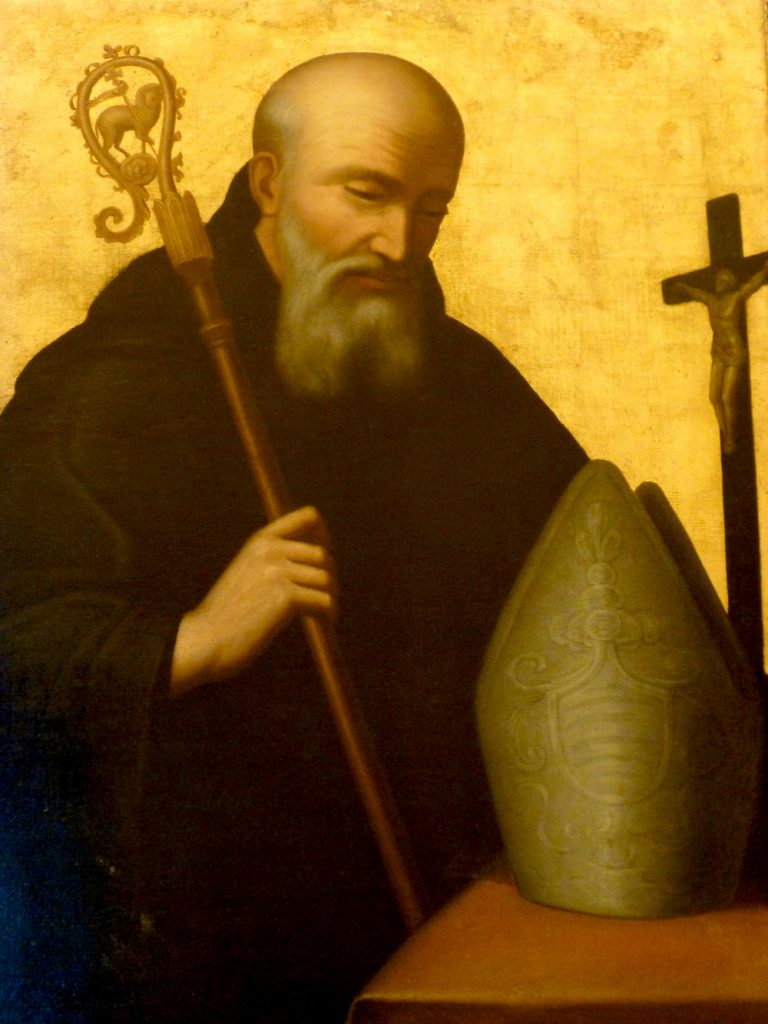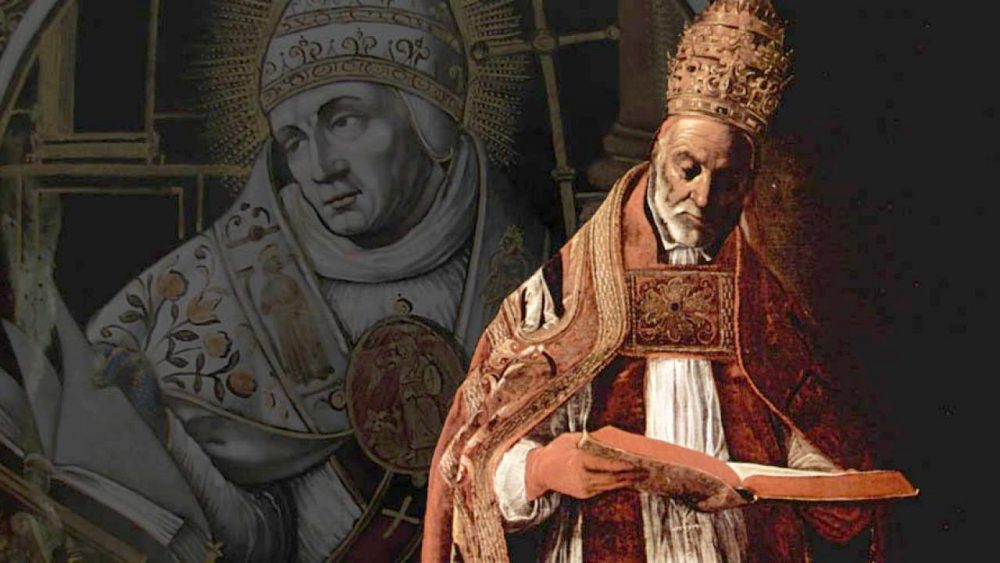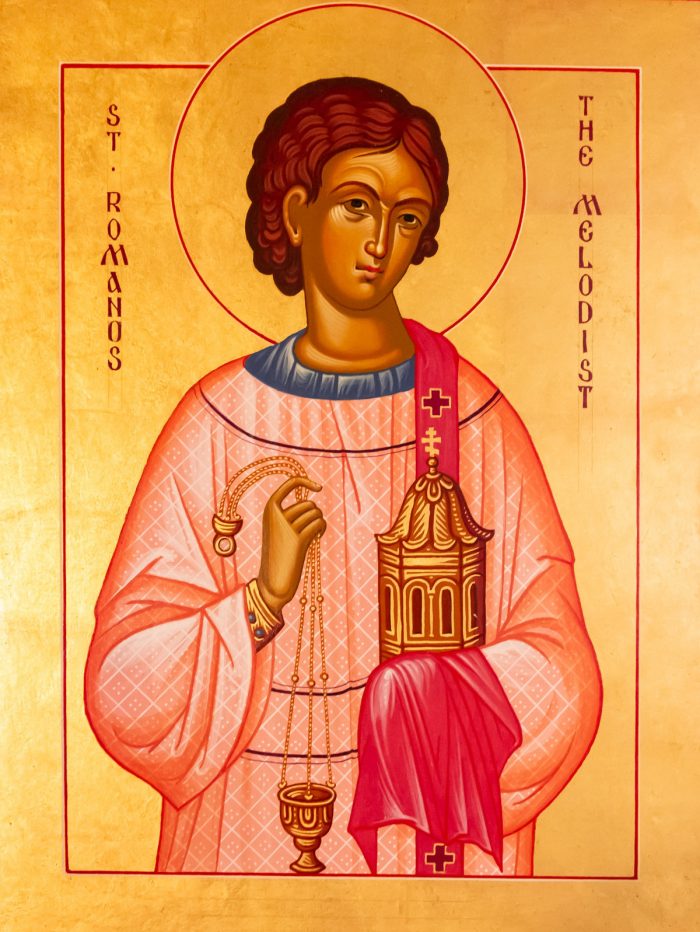Saint John of Damascus, often considered the last of the Church Fathers, was a staunch defender of sacred images during the iconoclastic controversies of his time. His teachings on the veneration of icons, the nature of the Trinity, and the role of matter in the sacraments profoundly shaped Christian theology. His legacy, rooted in his monastic life and literary contributions, continues to inspire devotion and faith.
